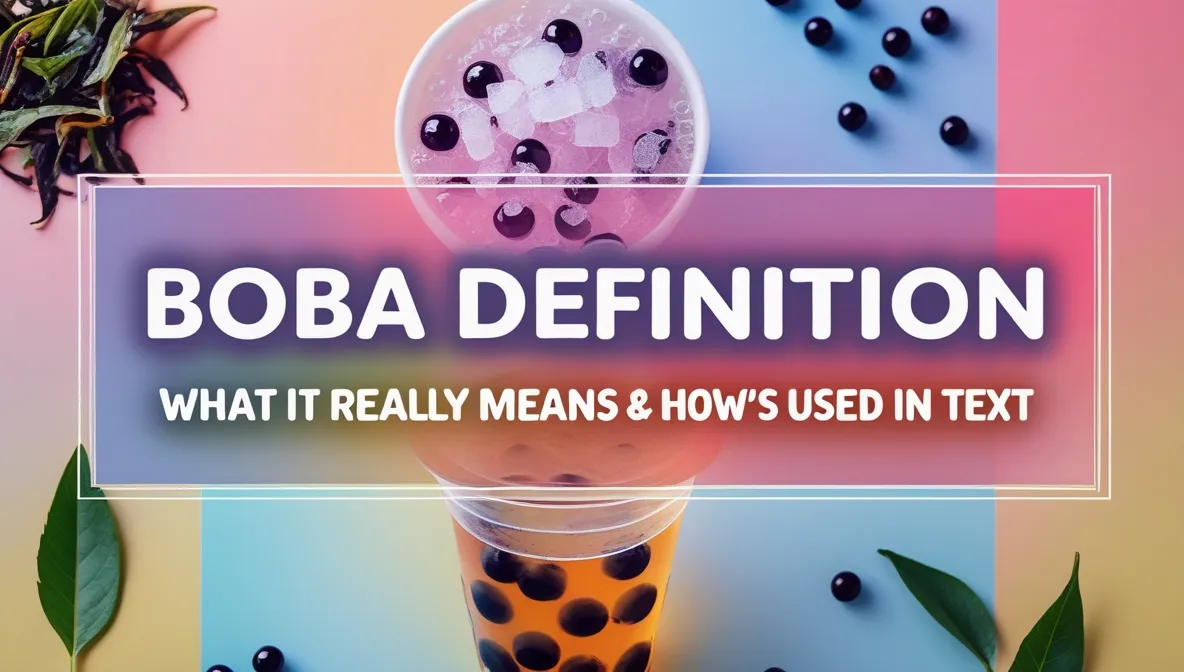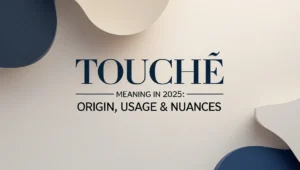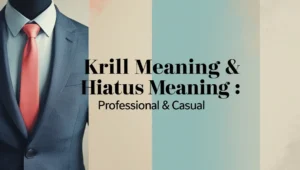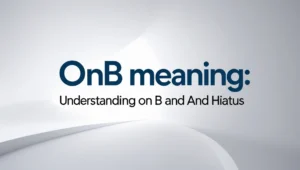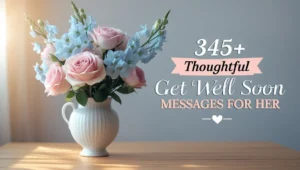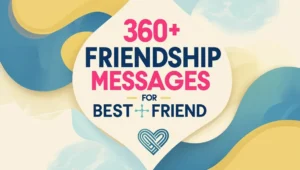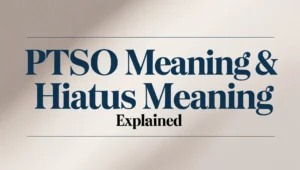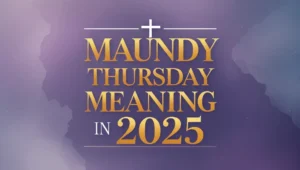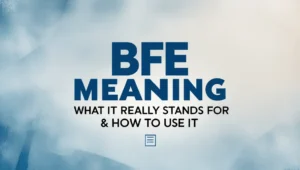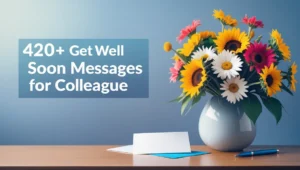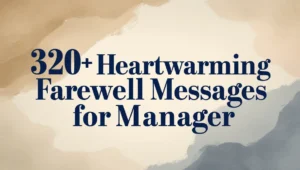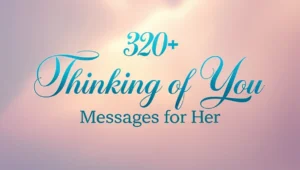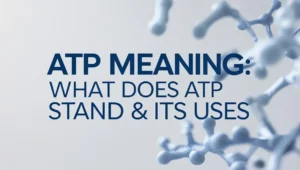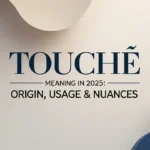In today’s world of slang, digital expressions, and cultural references, the term “Boba” has gained more attention than ever. While most people associate it with the sweet, chewy pearls inside bubble tea, the boba definition has evolved across different contexts—ranging from food culture to text slang. Understanding the true meaning of boba, along with how it’s used in text messages, social media, and everyday conversations, helps you stay connected in modern communication. This guide will break down everything you need to know about the boba definition, usage, and cultural importance, while keeping the tone light, friendly, and easy to follow.
Boba Definition and Its Cultural Roots
The word “boba” originally comes from Taiwanese culture, referring to the tapioca pearls found in bubble tea. In Mandarin, “boba” also has a slang meaning referring to “big pearls,” and over time, it became the widely accepted word for the drink itself. In pop culture today, boba means both the drink and the chewy toppings inside it.
What Does Boba Mean in Text Messages
In texting or online slang, boba is used beyond just bubble tea. Many people use it as a cute, playful word to represent comfort, sweetness, or even to refer to someone dear. For example, calling someone your “boba” can be a way of saying they bring joy and comfort, much like the drink itself.
The Popularity of Boba in Social Media Culture
Platforms like Instagram, TikTok, and Twitter showcase millions of posts with boba hashtags and captions. The word has become symbolic of aesthetic lifestyle choices, foodie culture, and social bonding. Younger generations especially use boba slang to express fun, comfort, or even their favorite hangout activity.
Variations of Boba Definition in Different Places
Interestingly, the meaning of boba differs depending on the region. In Taiwan, it directly points to the tapioca pearls, while in the U.S., many people use “boba” as a synonym for bubble tea itself. In online slang, however, boba can carry emotional undertones that have nothing to do with drinks.
How Boba Became a Lifestyle Symbol
Over the years, boba has grown into a cultural icon. It represents youthfulness, creativity, and bonding. Many people see “grabbing boba” as a friendship ritual or a symbol of relaxation. The playful word itself now stands as a marker of trendy lifestyles, especially in urban communities.
Boba Slang in Digital Communication
In the texting world, boba slang often works as a symbol of sweetness or affection. For instance, someone might say “You’re my boba” to express that a person is special. Others may simply use boba emojis or captions when posting pictures with friends at a tea shop.
Psychological Appeal of the Word Boba
One reason boba became so trendy is its cute, catchy sound. Words with soft syllables often feel friendly and fun, making them ideal for modern slang. The psychology behind boba slang connects to how people associate the drink with happiness, comfort, and togetherness.
Boba vs Bubble Tea – Are They the Same
While bubble tea is the official name of the drink, boba often refers both to the pearls inside the tea and the drink as a whole. In texting, however, boba has a broader, more emotional definition, symbolizing affection or something beloved.
Examples of Boba in Daily Conversations
- “Let’s go grab some boba after work.”
- “She’s my boba, always making me smile.”
- “Posting boba selfies with besties tonight.”
- “Boba time is the best time.”
These examples show how boba definition shifts between literal and emotional use.
Why Boba Works as Modern Text Slang
In 2025 and beyond, text slang continues to evolve. Boba works well as slang because it’s short, sweet, and versatile. It represents not only a drink but also an emotion, a vibe, and a lifestyle.
Alternatives to Boba Slang
If you want to replace boba in text, you could use words like:
- Sweetie
- Cutie
- Pearl
- Bubble
These alternatives carry similar affectionate or playful tones.
The Emotional Value of Boba
Beyond slang, boba has become a symbol of emotional bonding. Friends, couples, and families often create memories around bubble tea outings. That emotional connection has translated into the way people use boba in digital language.
Boba in Memes and Online Jokes
Memes have taken boba to another level, using it as a punchline for funny, relatable internet jokes. For example, jokes often compare people’s love for boba to their love for relationships, showing just how deeply embedded it is in today’s humor.
Understanding Boba in 2025 Contexts
As digital slang continues to shift, boba definition will keep expanding. For some, it will always mean bubble tea. For others, it represents affection, sweetness, or even a trend. In either case, its influence remains strong in online communities.
Final Thoughts on Boba Definition and Usage
The boba definition shows us how one simple word can evolve from food culture into modern-day slang with deep emotional meaning. Whether it refers to tapioca pearls, the drink, or someone dear to your heart, boba has become an iconic word in 2025 communication. Its charm lies in its simplicity, versatility, and ability to connect people emotionally.
FAQs on Boba Definition and Usage
1. What does boba mean in slang? In slang, boba often refers to affection, sweetness, or someone dear, not just the drink.
2. Is boba and bubble tea the same thing? Not exactly. Bubble tea is the drink, while boba can mean the pearls inside it or the drink as a whole.
3. Why is boba so popular online? Its popularity comes from foodie culture, cute sound, and emotional connections people attach to it.
4. Can boba be used as a nickname? Yes, many people use boba as a cute nickname for loved ones.5. How is boba used in text messages? In texting, boba can mean bubble tea, express affection, or serve as playful slang in conversations.

